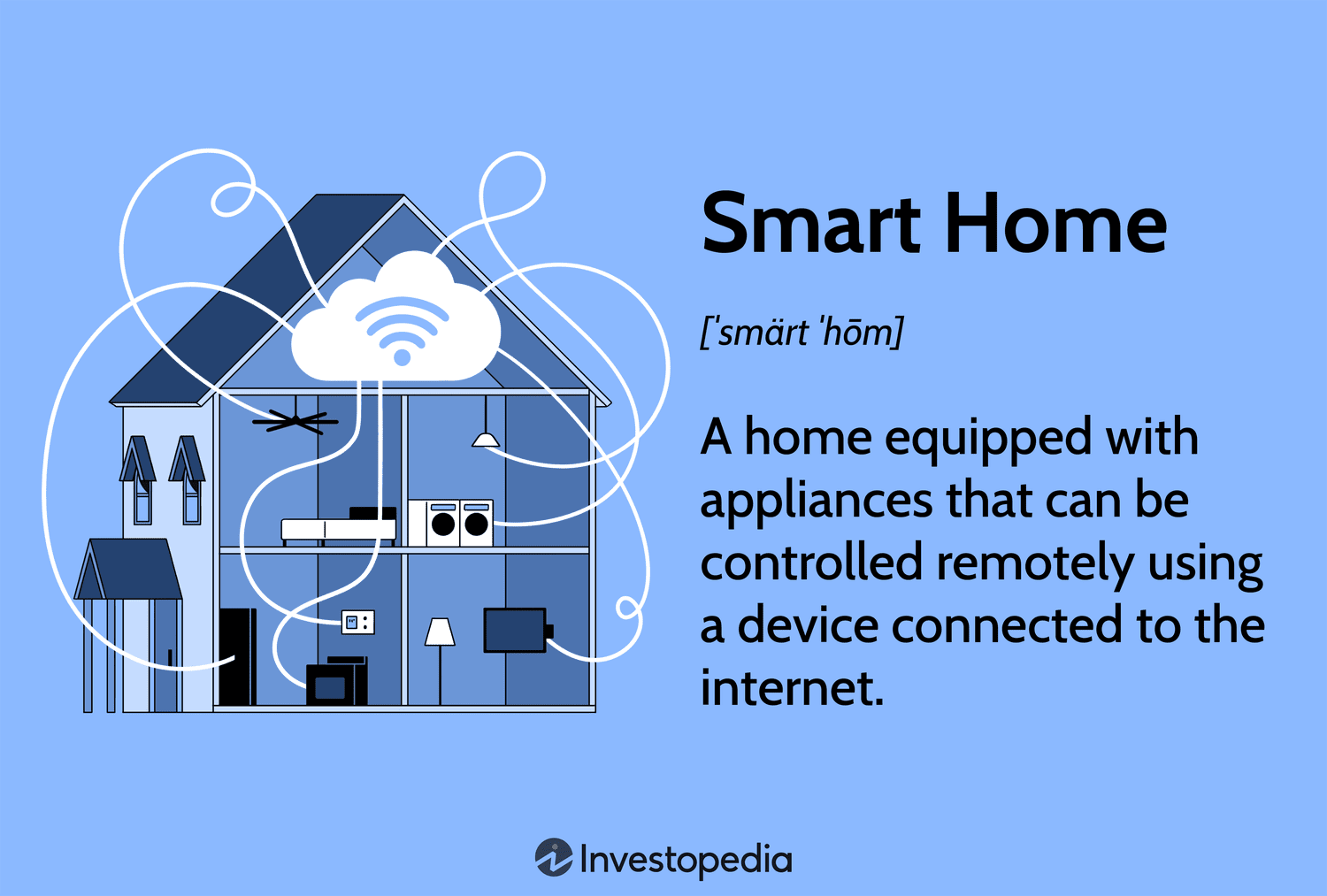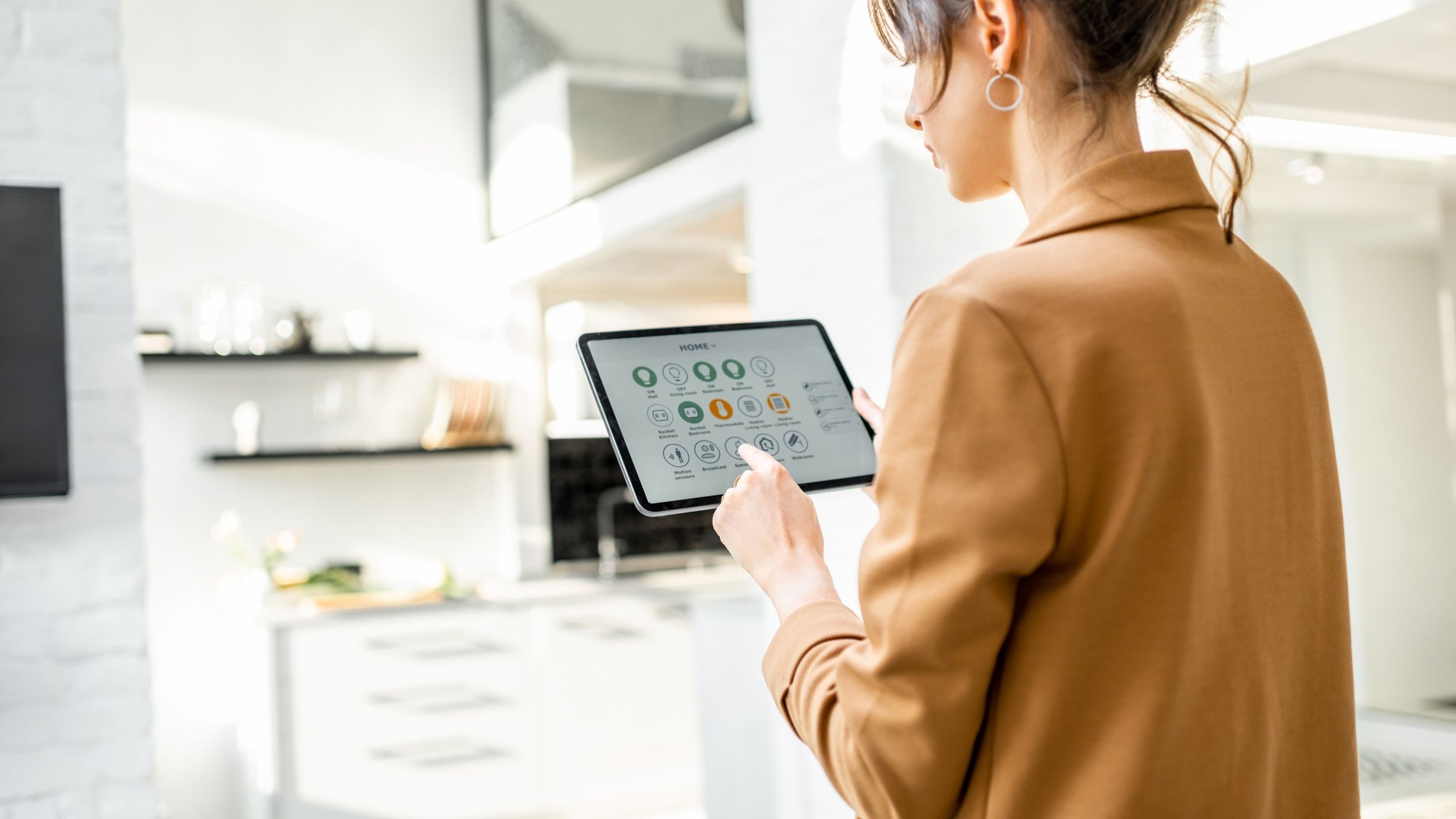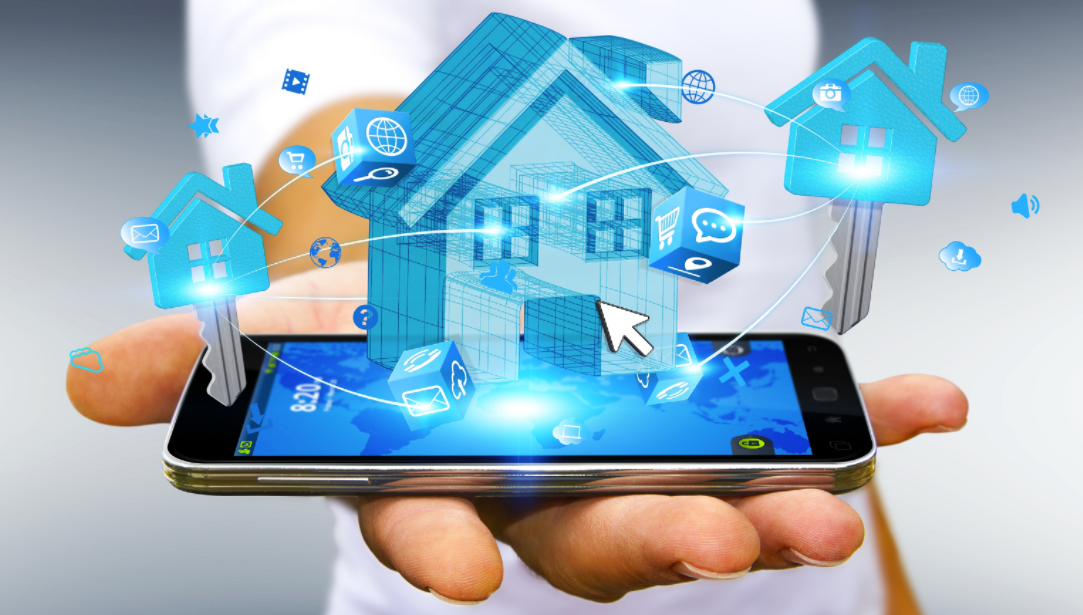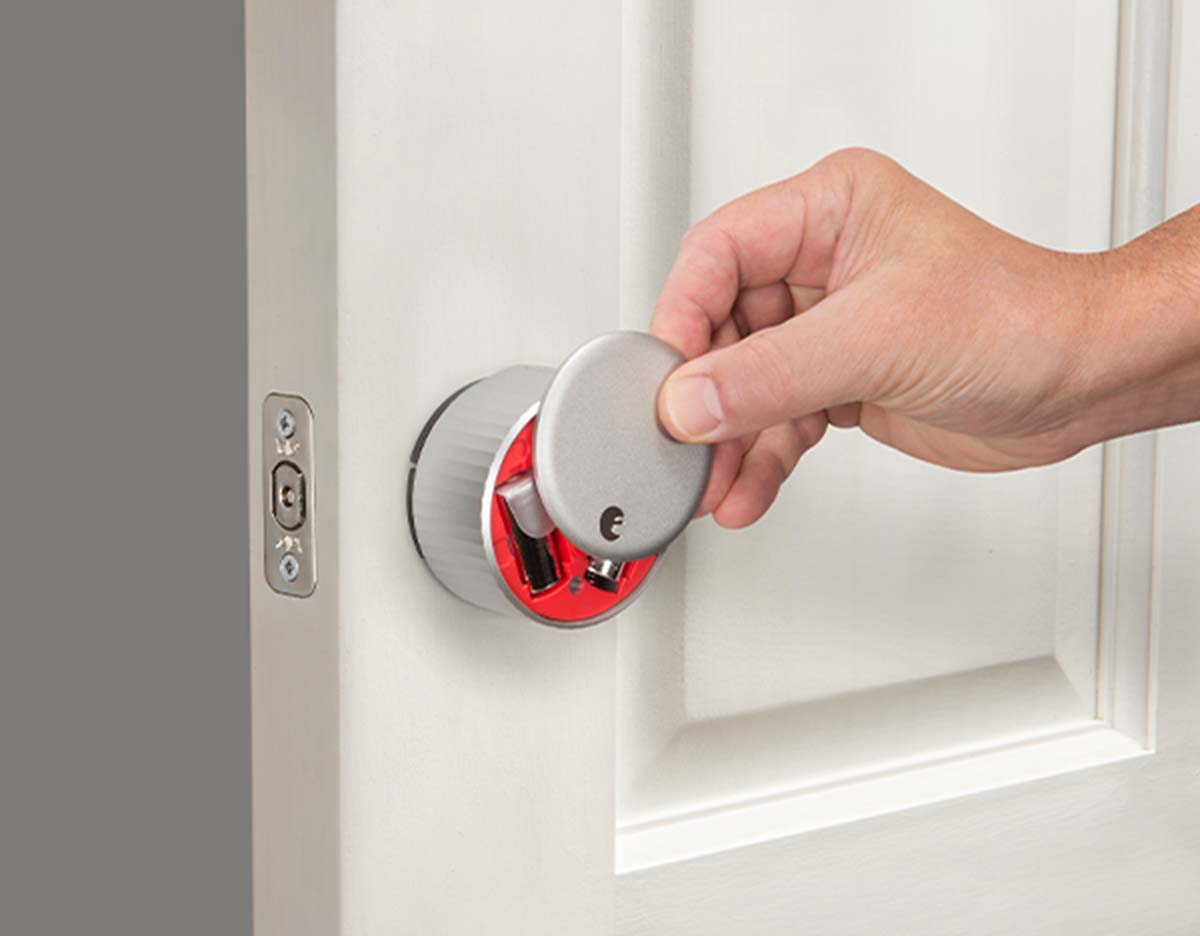
What are the Advantages of Using These Smart Home Technologies?: Unlock Convenience & Security
Smart home technologies offer convenience, security, energy efficiency, and comfort. They enable remote control and automation of various devices and systems, enhancing the overall quality of life for homeowners.
With the ability to monitor and manage appliances, lighting, security cameras, and thermostats from a single interface, smart homes provide a seamless and efficient living experience. Embracing these technologies can lead to reduced energy consumption, lower utility bills, and increased home security.
The convenience of controlling various aspects of the home remotely can also save time and effort. Moreover, the integration of smart devices can contribute to a more comfortable and enjoyable living environment. As the popularity of smart home technologies continues to grow, their advantages are becoming increasingly accessible to homeowners seeking to enhance their living spaces.
Introduction To Smart Home Technologies
Smart home technologies have revolutionized the way we interact with our living spaces, offering unparalleled convenience, security, and energy efficiency. From automated lighting and thermostats to intelligent security systems, these advancements are reshaping the modern home. In this post, we’ll explore the advantages of using smart home technologies, starting with an introduction to the evolution and definition of smart homes.
Evolving Home Automation
The concept of home automation has rapidly evolved over the years, transitioning from simple timer-based systems to sophisticated, interconnected networks of smart devices. This evolution has been driven by advancements in wireless technology, artificial intelligence, and the Internet of Things (IoT), enabling seamless integration and control of various home appliances and systems.
Defining Smart Homes
Smart homes are equipped with interconnected devices and systems that can be remotely monitored and controlled. These devices are designed to automate and optimize various aspects of home management, including lighting, heating, security, and entertainment. By leveraging sensors, actuators, and connectivity, smart homes enhance comfort, safety, and energy efficiency while offering a higher level of convenience and customization for homeowners.

Credit: www.angelpiontek.com
Seamless Connectivity At Home
Embracing smart home technologies offers unparalleled benefits, with seamless connectivity at the forefront. These innovations revolutionize the way we interact with our living spaces, creating a harmonious ecosystem of interconnected devices.
Integrating Devices
Smart home technologies enable the effortless integration of various devices, from thermostats to lighting systems. This cohesion results in a unified network, enhancing convenience and efficiency.
Centralized Control
With smart home solutions, centralized control becomes a reality, granting users the power to manage multiple devices through a single interface. This streamlined approach simplifies daily routines and enhances the overall living experience.
Enhanced Convenience
Experience the enhanced convenience of smart home technologies, offering advantages like remote monitoring, energy efficiency, and automated tasks. These innovative solutions simplify daily life, providing comfort and peace of mind through seamless integration and control.
Smart home technologies offer a range of benefits, but one of the most significant is enhanced convenience. With these devices, you can automate routine tasks, control your home with voice commands, and enjoy a more connected, streamlined living experience.Automated Routines
Smart home devices allow you to create automated routines that simplify your daily tasks. For example, you can set your lights to turn on at a certain time or have your coffee maker start brewing when you wake up. You can also create custom routines that combine multiple actions, such as turning on your TV and dimming the lights when you say “movie time.” This eliminates the need to manually perform these tasks and makes your day-to-day life easier.Voice-Activated Systems
Voice-activated systems are another convenience-boosting feature of smart home technologies. With devices like Amazon Echo or Google Home, you can control your home using simple voice commands. This means you can adjust your thermostat, turn on your TV, or even order groceries without ever leaving the couch. Voice control also makes it easier to multi-task and stay productive, as you can control your home while doing other tasks. In conclusion, the enhanced convenience offered by smart home technologies can save you time, streamline your daily routine, and make your life easier. By automating routine tasks and using voice-activated systems, you can enjoy a more connected, efficient living experience.Energy Efficiency And Savings
Energy efficiency and savings are key benefits of using smart home technologies. These innovations offer a range of solutions that not only reduce energy consumption but also lead to significant cost savings for homeowners. Let’s explore how smart thermostats and intelligent lighting solutions contribute to enhancing energy efficiency and promoting savings.
Smart Thermostats
Smart thermostats are designed to optimize energy usage by adjusting temperatures based on occupancy and usage patterns. They can be programmed to automatically lower heating or cooling when occupants are away, ensuring that energy is not wasted on an empty home. Additionally, these devices provide detailed energy usage reports, allowing homeowners to identify areas where energy can be conserved.
Intelligent Lighting Solutions
Intelligent lighting solutions utilize advanced sensors and automation to regulate lighting based on natural light levels and occupancy. By turning off lights in unoccupied rooms and dimming them when natural light is sufficient, these systems significantly reduce energy consumption. Furthermore, the ability to schedule lighting operations and control them remotely enables users to minimize unnecessary energy usage.
Improved Security And Safety
Improved security and safety are among the key advantages of incorporating smart home technologies. These advancements offer homeowners peace of mind and a heightened sense of protection for their families and properties.
Smart Locks And Alarms
Smart locks are designed to enhance home security by allowing remote access control and monitoring. With features such as keyless entry and activity logs, homeowners can enjoy improved convenience and track who enters and exits their homes. Additionally, smart alarms provide real-time notifications and the ability to arm or disarm the system from anywhere, ensuring that the home is always secure.
Surveillance And Monitoring
Implementing surveillance cameras and monitoring systems within a smart home setup enables homeowners to keep a watchful eye on their properties. These systems offer features such as motion detection, live video streaming, and night vision, providing comprehensive security coverage both indoors and outdoors. Real-time alerts and remote access to footage add an extra layer of security and peace of mind.
Accessibility For The Elderly And Disabled
Smart home technologies offer numerous advantages for the elderly and disabled, enhancing accessibility and independence. These innovations enable voice-controlled devices, automated lighting, and remote monitoring, providing convenience and safety. With features like smart locks and adjustable thermostats, individuals can manage their homes easily, promoting a more comfortable and secure living environment.
Smart home technologies have revolutionized the way we live, providing us with a more comfortable, convenient, and secure lifestyle. Among the many benefits of smart homes, accessibility for the elderly and disabled is a significant advantage. With the help of smart technologies, individuals with mobility issues and disabilities can perform everyday tasks without any assistance, making their lives more independent and dignified.Voice Control Benefits
Voice control is one of the most significant benefits of smart home technologies for individuals with disabilities. With voice control, people with mobility issues can control their devices without the need to physically interact with them. Voice assistants like Amazon Alexa, Google Assistant, and Apple Siri can help individuals with disabilities perform tasks like turning on lights, changing the temperature, and even ordering groceries, making their lives much easier.Automated Emergency Responses
Another essential benefit of smart home technologies for the elderly and disabled is the automated emergency response system. In case of any emergency like a fire outbreak, gas leakage, or any other emergency, the smart home system can automatically detect the problem and alert the authorities. This feature is especially beneficial for individuals with mobility issues who may find it challenging to call for help during an emergency. In conclusion, smart home technologies have made accessibility for the elderly and disabled more comfortable, convenient, and secure. With voice control benefits and automated emergency responses, individuals with disabilities can enjoy a more independent and dignified life.Remote Home Management
Experience the benefits of remote home management through smart technologies, enhancing convenience, security, and energy efficiency in your living space. Control your home remotely, monitor activities, and save on utility costs with these innovative solutions.
Controlling Home From Afar
With smart home technologies, you can control devices remotely through your smartphone or tablet.
Turn off lights, adjust thermostats, and even lock doors no matter where you are.
Real-time Alerts And Notifications
Receive instant alerts and notifications when something is amiss at home.
From detecting leaks to intrusions, stay informed in real-time for quick action.
Remote Home Management:
Embracing smart home technologies offers numerous advantages, with remote home management standing out as a key benefit.
You can control various aspects of your home from afar, providing convenience, security, and peace of mind.

Credit: realtybiznews.com
Future Prospects Of Smart Home Tech
The future prospects of smart home technology are promising and hold a multitude of advantages for homeowners. Advancements in AI and machine learning, integration of smart homes in IoT ecosystems, and the convenience and efficiency they offer are shaping the future of modern living.
Ai And Machine Learning
AI and machine learning are revolutionizing smart home technology, enabling systems to learn and adapt to user preferences. This results in personalized experiences, predictive maintenance, and energy optimization.
Smart Home In Iot Ecosystem
Smart homes in IoT ecosystems are seamlessly integrated with a wide range of devices, from thermostats and lighting to security cameras and appliances. This interconnectedness enables centralized control and automation, enhancing convenience and security.
Challenges And Considerations
When integrating smart home technologies, there are privacy concerns and the need for tech savviness and adaptation to consider.
Privacy Concerns
Protecting personal data from hackers is a top priority when using smart home devices.
Tech Savviness And Adaptation
Understanding how to operate and troubleshoot smart devices may require a learning curve for some users.
Conclusion: Embracing The Smart Home Movement
Embracing the smart home movement offers numerous advantages. These smart technologies enhance convenience, security, and energy efficiency in households. By integrating smart home devices, homeowners can enjoy a more streamlined and connected living experience.
Weighing The Benefits Against The Costs
Investing in smart home technologies can enhance security, convenience, and efficiency.
- Increased security with smart locks and cameras
- Convenience through voice-activated assistants
- Energy efficiency with smart thermostats and lighting
While initial costs may be a concern, long-term savings and peace of mind outweigh the expenses.
The Decision To Upgrade
Deciding to embrace smart home technology is a step towards a more connected, modern lifestyle.
- Evaluate your needs and priorities
- Research the available smart devices
- Consult with professionals for installation
Embracing the smart home movement can transform your living space into a tech-savvy, efficient environment.

Credit: interestingengineering.com
Frequently Asked Questions
What Are The Advantages Of A Smart Home?
Smart homes offer convenience, energy efficiency, enhanced security, and remote monitoring. They also provide automation and customization options.
What Are The Benefits Of Using These Smart Technologies In The Home Environment?
Smart technologies in the home environment offer convenience, energy savings, security enhancements, and improved quality of life.
What Are The Advantages And Disadvantages Of Home Technology?
Advantages of home technology include convenience, energy efficiency, and enhanced security. Disadvantages may include high costs, potential for technological malfunctions, and privacy concerns. It’s important to weigh the pros and cons before investing in home technology to ensure it aligns with your needs and budget.
Why Do People Use Smart Home Technology?
People use smart home technology for convenience, security, energy savings, and to streamline daily tasks. It enhances comfort and control.
Conclusion
Incorporating smart home technologies offers convenience, security, and energy efficiency. Enhancing daily routines, these innovations simplify tasks and provide peace of mind. Embracing smart devices can lead to a more streamlined and comfortable lifestyle. Make your home smarter today for a brighter tomorrow.
